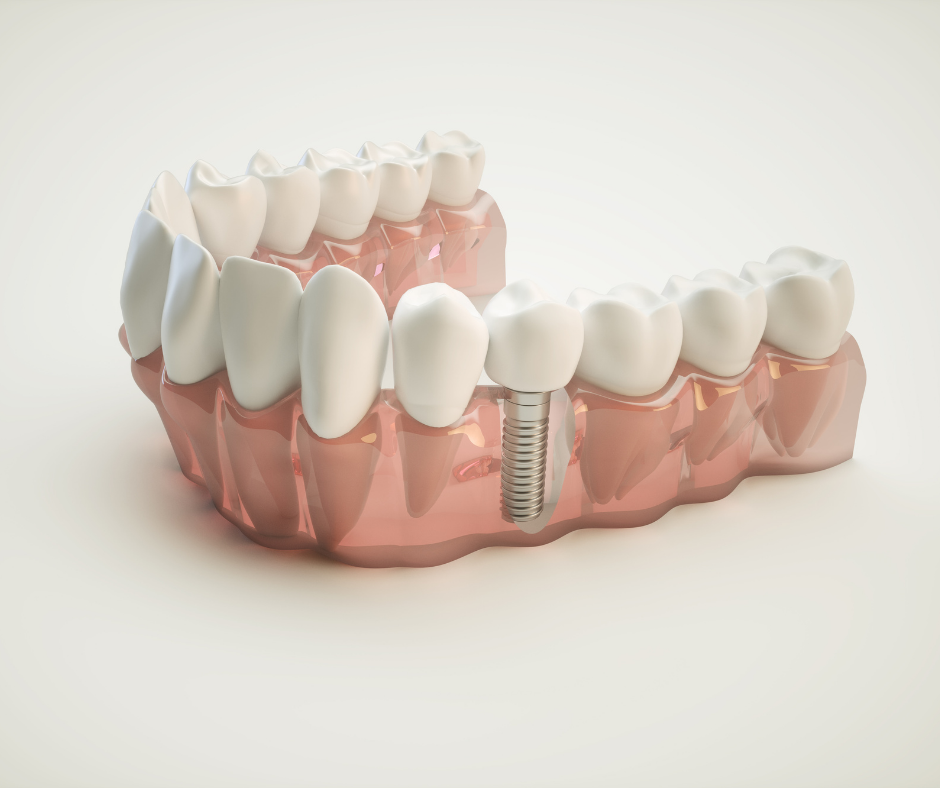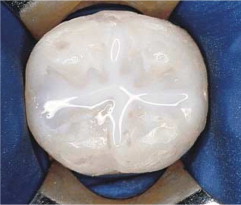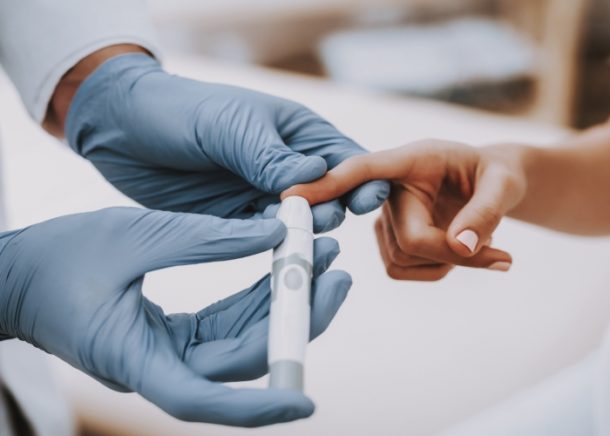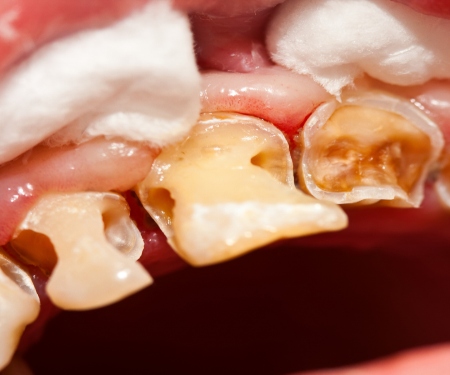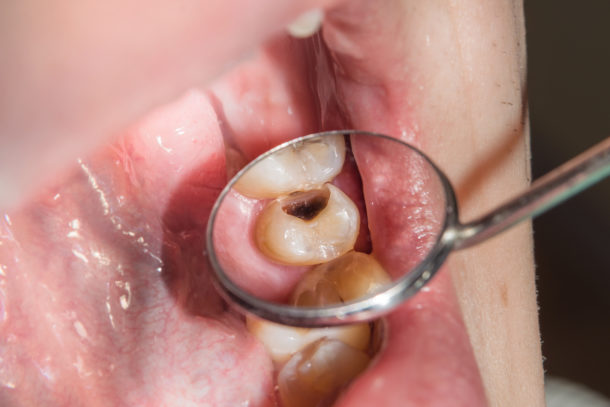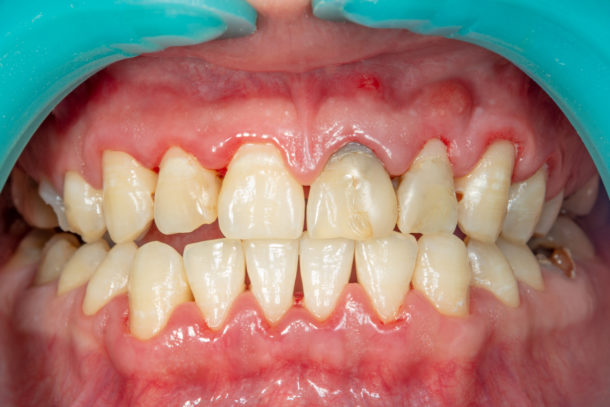Top 5 Local Restaurants for Summer 2021
We’re less than a month away from the official start of summer, the weather is warming up and restrictions on restaurants are being lifted. This seems like the perfect time to share some of our staff’s top 5 local restaurants for summer. After what restaurants have gone through over the past year we can’t encourage … Read more


